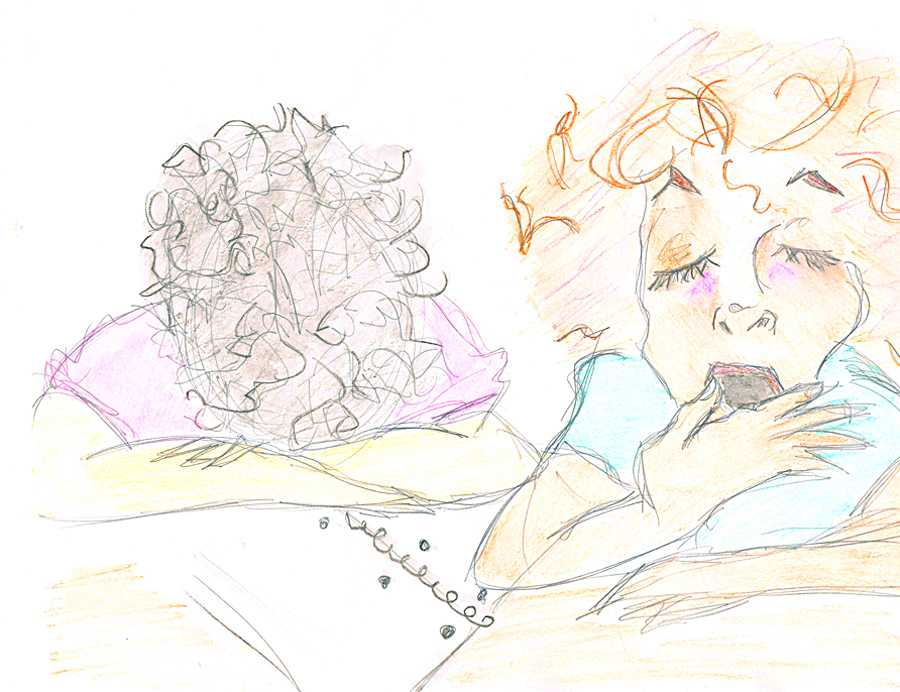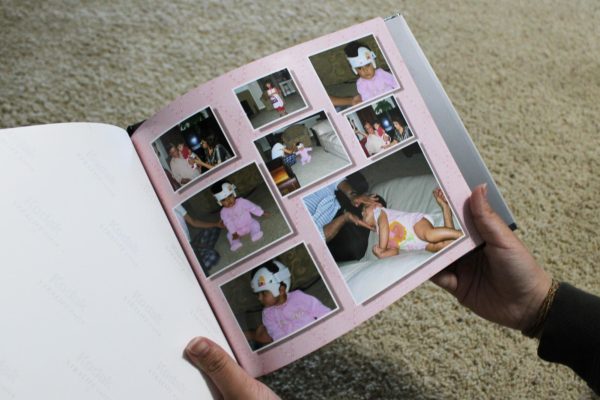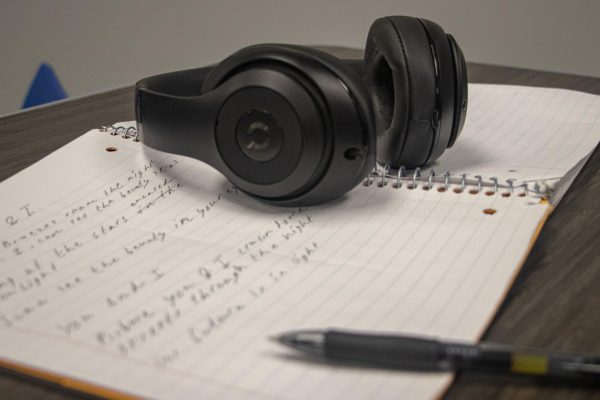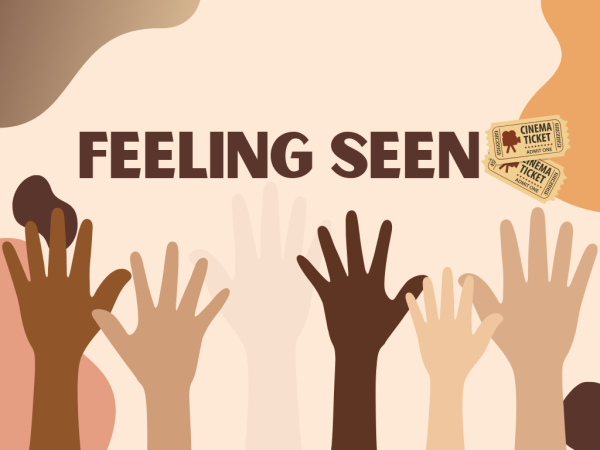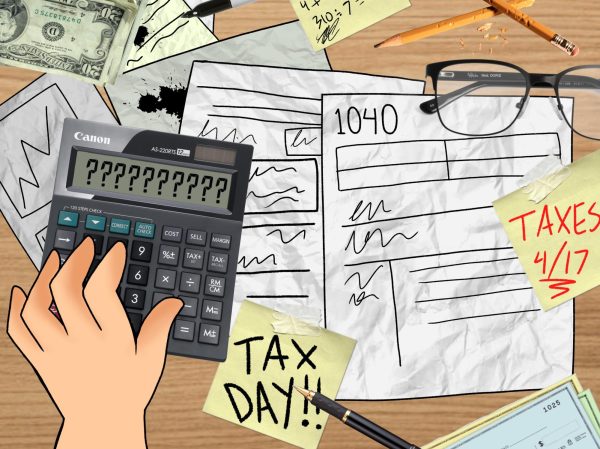Counting Sheep: Generation Y becomes generation of insomniacs
April 2, 2014
[vc_row][vc_column width=”1/1″][vc_column_text]
Graphic by Caryn Corliss
[/vc_column_text][vc_column_text]The house is silent. Three hundred sheep. Four hundred sheep. No matter how many sheep I count silently in my mind, the relief of sleep does not come. Insomnia strikes.
Through observation, I’ve noticed many teenagers go to bed around midnight and wake up around six in the morning. Teenagers need at least nine hours of sleep to increase chances of a positive attitude and boost focus in school but they’re only getting about six.
Besides the usual excuses for staying up late, like homework and extracurricular activities, many teenagers do not get enough sleep because they can’t fall asleep. Insomnia strikes again.
On nights when I don’t have volleyball or piano or choir or newspaper work nights, I try to go to bed by 10 p.m. For the next four or five hours, I lay awake counting sheep or ceiling tiles or staring into my closed eyelids, waiting for the darkness I see to turn into fantasies and dreams. When sleep does come, it is not long before the blaring alarm clock insistently beeps, signaling the start of a long day.
This insomnia that I, and 25 percent of teenagers, cope with gives way to an irritable mood and lack of focus in school. For more information on the high rates of Insomnia, visit the Medical Page website .
Besides hazy arguments with my mom in the morning or grouching around waiting for my bagel to pop out of the toaster, school becomes longer and harder when I couldn’t fall asleep the night before.
Upstairs in first period Pre-AP Chemistry, my eyes blur in and out. I strain to listen to my teacher’s lecture on nomenclature, but I hear only bits and pieces. Sleep is consuming me, and before I know it, I’m waking up to an entirely new subject matter that I know nothing about.
After a night of tossing and turning, I go to the medicine cabinet to find relief in sleep aids. My hand finds the melatonin bottle.
Melatonin is a natural hormone in our body that regulates sleep cycles. This hormone also comes in a popular sleep aid that creates the same substance the brain does to induce sleep and is very effective, but can be dangerous if used too often. Sleeping aids are only short-term problem solvers and could come with side effects. Taking them every night can lead to a dependence on sleep aids, when natural remedies and tips can improve sleep in the long run.
Dropping grades and depression are serious consequences of insomnia and are reasons to seek help.
There are ways to beat insomnia that are quick, easy and incredibly helpful in putting an end to counting sheep and start getting sleep. Insomnia can stop now.[/vc_column_text][vc_row_inner][vc_column_inner width=”1/3″][/vc_column_inner][vc_column_inner width=”1/3″][vc_pie value=”33″ color=”#2ac4ea” title=”People Who Had or Have Insomnia” units=”%”][/vc_column_inner][vc_column_inner width=”1/3″][/vc_column_inner][/vc_row_inner][/vc_column][/vc_row]



